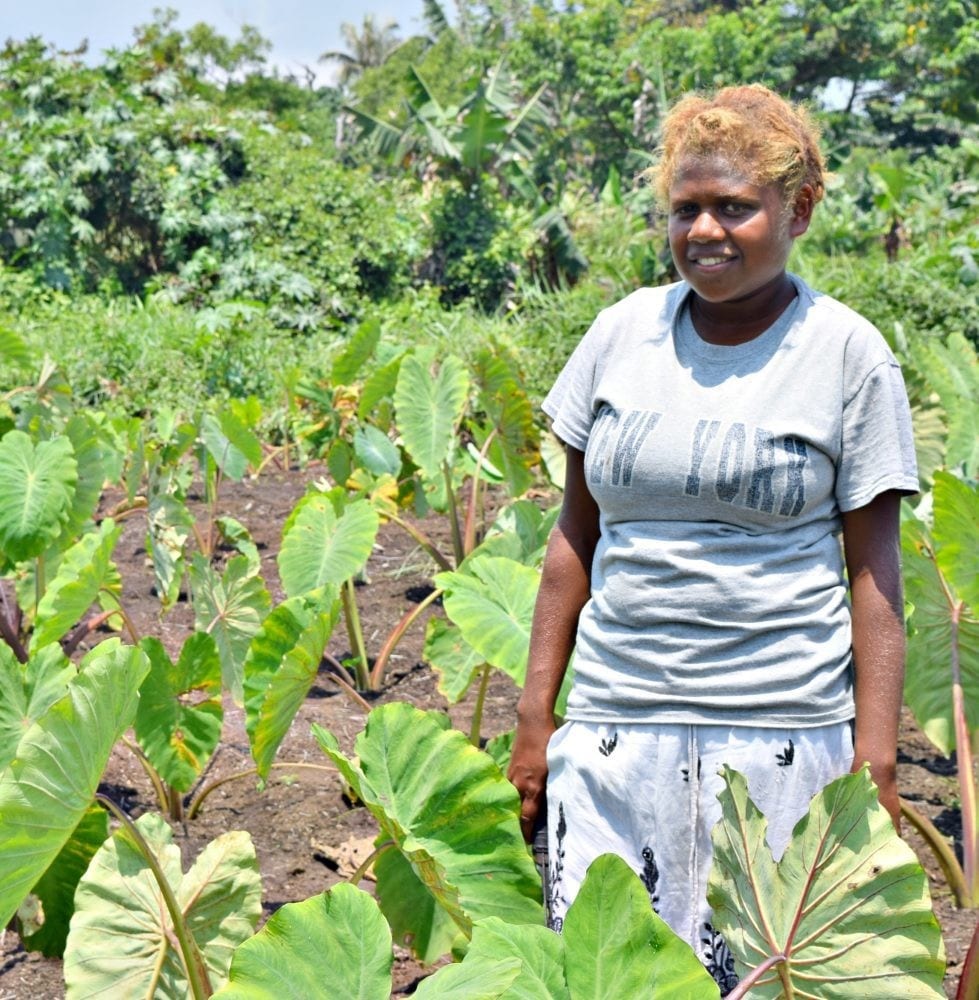Auckland’s very own Sarah Badju was recently in Nigeria with Oxfam’s WASH (Water, Sanitation and Hygiene) team.
A violent seven-year conflict in Nigeria involving Boko Haram and the military operations to counter them has forced millions of civilians to flee their homes in search of safety. Millions of people in the country, and also in Niger and Chad, are now living in Internally Displaced Persons (IDP) camps or host communities and are in desperate need of food, water, shelter and sanitation.
Oxfam in Nigeria has well-established programmes in some areas, however many places have been deemed too insecure or too physically difficult for humanitarian organisations to access – meaning that thousands of people aren’t receiving the aid that they desperately need.
The Oxfam Rapid Response team in Maiduguri have been working to try and reach more of these people. Oxfam is now starting programmes in three newly accessible areas (NAAs) in Borno state: Gwoza Town, Pulka and Rann.

New arrivals seeking refuge in Rann. Photo: Sarah Badju
Sarah Badju assisted with WASH work in one of these NAAs – Rann, in Borno State.
Rann was attacked by Boko Haram in April/May 2014 and wasn’t retaken by the Nigerian Army until March 2016. The people of Rann fled from the attacks, and have not returned as yet.
The majority of people in Rann now are Internally Displaced Persons (IDPs) who have inhabited the town and are living in the abandoned and damaged shelters, as there is no camp set up.
The area is in desperate need of water and sanitation, and the infrastructure desperately needs to be repaired after the destruction caused by Boko Haram.
Around 40-50 households came to Rann each day while Sarah was there. That’s about 300-350 individuals. The town’s original population was 2,500, but it has now increased to 50,000.

A lady in Rann who received a hygiene kit and dignity kit from Oxfam. She told Sarah that she had walked for two days with her children to get to Rann. She came here to get away from “the boys” (Boko Haram). Photo: Sarah Badju
Oxfam’s response
Oxfam ran focus groups with both women and men, Nigerian Red Cross volunteers, the Nigerian Army and Youth Leaders to gauge what people’s greatest needs were. Women and men both expressed that they desperately needed more water access. Men also said that accessing food was a priority, and women expressed a need for livelihood opportunities.
When Oxfam arrived, it was estimated that people only had access to 3-4 litres of water per day (less than half of the amount of a flush of a Western toilet).
Oxfam have since distributed hygiene kits, environmental cleaning kits and dignity kits. We’re building enough toilets for 10,000 people, and have drilled 5 new boreholes which will provide people with clean water.

Oxfam’s environmental cleaning kits. Photo: Sarah Badju

The start of a new toilet that Oxfam is building. Photo: Sarah Badju
The priorities for Oxfam’s response are:
- Water provision, particularly the construction of boreholes
- Sanitation, particularly the construction of toilets that women and children can access
- Hygiene promotion, particularly the distribution of kits and water buckets and running hygiene training activities


















